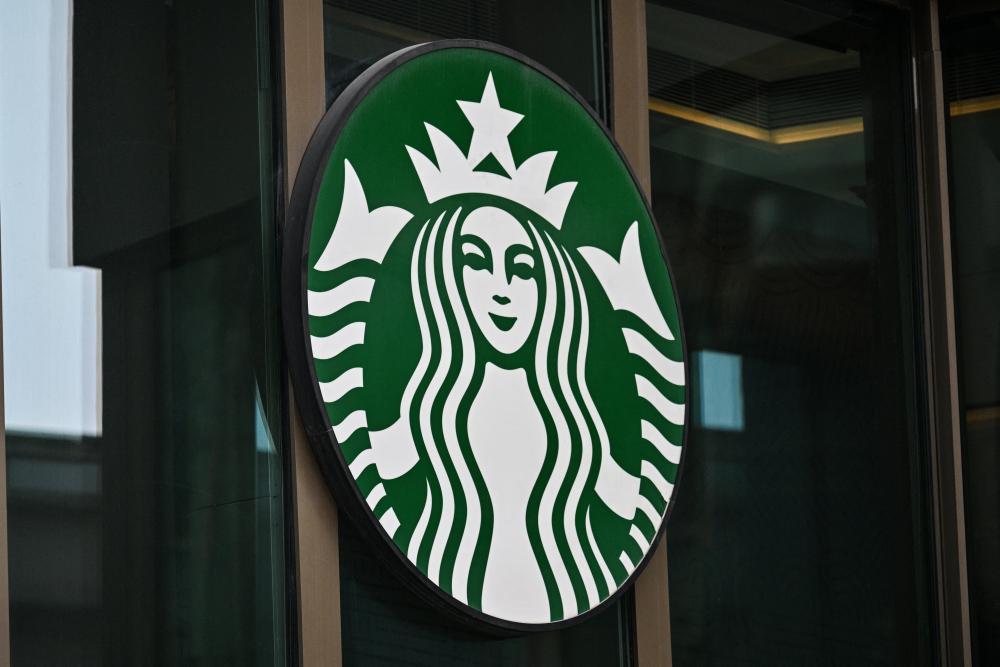“John” was just days from turning 16 when he was allegedly recruited to work on a Brazilian coffee farm that supplies the global coffeehouse chain Starbucks.
Soon after his birthday, he embarked on a 16-hour bus journey to the farm in the state of Minas Gerais – only to discover that none of what he had been promised would be fulfilled.
Unpaid and without protective equipment such as boots and gloves, he worked under a scorching sun from 5.30am to 6pm with only a 20-minute lunch break, until he was rescued in a raid by Brazilian authorities in June 2024.
The official report from that operation concluded that John had been subjected to “child labour in hazardous conditions”, and that he and other workers had been “trafficked and subjected to slavery-like conditions”.
This week, John and seven other Brazilian workers – all identified simply as John Doe 1-8 for fear of retaliation – filed a civil lawsuit in the US against Starbucks, with the support of International Rights Advocates (IRA), seeking financial compensation for the harm they allege to have suffered.
On Thursday, the NGO Coffee Watch also filed a complaint with US Customs and Border Protection (CBP) seeking to “exclude coffee and coffee products produced ‘wholly or in part’ with forced labour in Brazil” from being imported by Starbucks and other major companies such as Nestlé, Jacobs Douwe Egberts, Dunkin’, Illy and McDonald’s.
The complaint cites examples of various operations by Brazilian authorities that rescued workers in recent years and states that the cases “are only the tip of the iceberg – examples of widespread exploitative working conditions on coffee plantations in Brazil that are far too common”.
“If we’re able to convince CBP that our case is watertight … that would be a gamechanger because thousands of people have been found in those conditions by Brazilian authorities, and clearly what has been done till now is not solving the problem,” said Etelle Higonnet, founder and director of Coffee Watch.
In Brazil, coffee farming is the economic sector with the highest number of workers rescued from conditions analogous to slavery – a legal category that includes a combination of factors such as debt bondage, excessively long working hours, degrading accommodation and food, and lack of payment.
The country has been the world’s leading coffee producer since the 19th century, when production surged due to the forced labour of hundreds of thousands of enslaved Africans and Afro-Brazilians.
Today, Afro-Brazilians make up the majority (66%) of workers rescued from slave-like conditions.
“The logic behind coffee production here is one of precarious labour that has always been imposed on Black people throughout our history,” said Jorge Ferreira dos Santos Filho, coordinator of Adere, a workers’ organisation that assists authorities in identifying victims in such conditions.
“In rural areas especially, we as Black people end up falling into these situations because we have no other choice and need to put food on the table,” said Santos Filho, who is Black and says he was subjected to forced labour on at least four occasions.
All eight workers who filed the lawsuit against Starbucks live in quilombos — a Bantu-origin word that referred to settlements founded by escaped enslaved people and is now also used for Black communities in both rural and urban Brazil.
Approximately 1.3 million people live in 8,400 quilombos across Brazil, in conditions worse than the national average in key areas such as sanitation and illiteracy.
“The fact that Starbucks charges like $6 for a cup of coffee, where most of that has been harvested by forced labourers and child labourers, is really beyond a criminal act. It’s morally repugnant,” said IRA’s executive director, Terrence Collingsworth.
Related: ‘He’d only calm down if he killed one of us’: victims of slavery on farms in Brazil
Both the lawsuit and the complaint allege that, despite rescue operations, after which farm owners are fined and may be added to a government-maintained “dirty list” of employers linked to forced labour, Starbucks and other companies continue to import coffee from these farms.
A Starbucks spokesperson said: “The cornerstone of our approach to buying coffee is Coffee and Farmer Equity (Cafe) Practices, one of the coffee industry’s first set of ethical sourcing standards when it launched in 2004 and is continuously improved.
“Developed in collaboration with Conservation International, Cafe Practices is a verification program that measures farms against economic, social, and environmental criteria, all designed to promote transparent, profitable, and sustainable coffee growing practices while also protecting the well-being of coffee farmers and workers, their families, and their communities.”
In Brazil, subjecting workers to forced labour is a crime punishable by up to eight years in prison, but farm owners are rarely jailed.
“To put an end to this, we need consumers to be aware that every cup of coffee they drink, without questioning its true origin, is financing slave labour in coffee production,” said Santos Filho. “It’s no use feeling sympathy for the workers or claiming zero tolerance for such practices if you continue drinking coffee without questioning its source.”
Read the full article here
